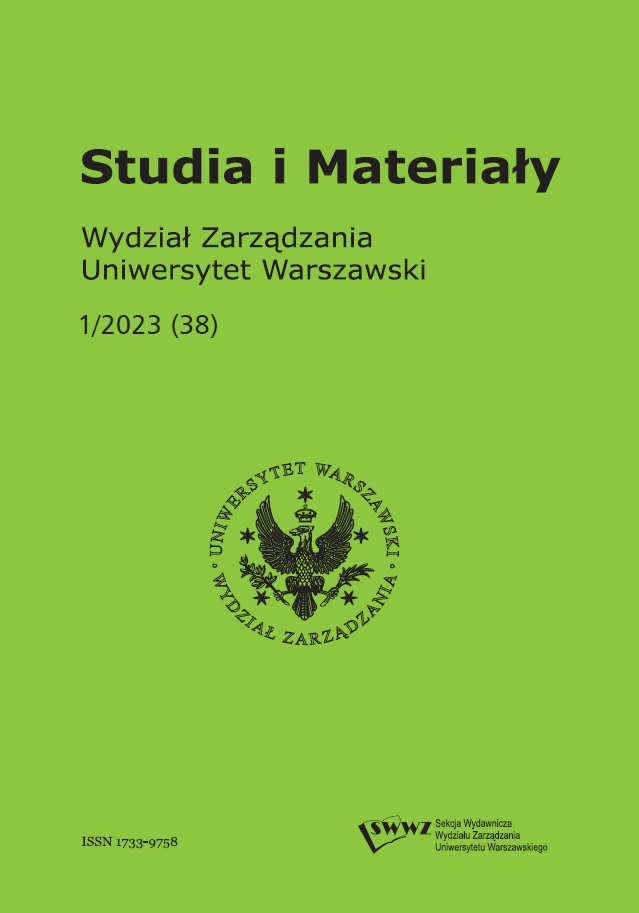Tax and Balance Sheet Valuation of Sale and Leaseback in the Books of Lessee. Case Study
Tax and Balance Sheet Valuation of Sale and Leaseback in the Books of Lessee. Case Study
Author(s): Piotr KicaSubject(s): Social Sciences, Economy, Business Economy / Management, Sociology
Published by: Wydawnictwo Naukowe Wydziału Zarządzania Uniwersytetu Warszawskiego
Keywords: leasing; sale and leaseback; operating lease; finance lease; deferred tax
Summary/Abstract: Purpose: The aim of this academic article is to analyze and evaluate the tax and balance sheet valuation of sale-and-leaseback agreements for lessees, based on a case study. Sale and leaseback, being one of the financing methods, allows companies to increase their financial liquidity and optimize asset management. The subject of the study is the impact of this method on the tax situation and balance sheet of the company.Design/methodology/approach: In the article, a detailed description of sale-and-leaseback agreements, their advantages, and legal and economic consequences is presented. The research is based on a case study of a real company that decided to implement a sale-and-leaseback agreement in order to improve its financial situation.Findings: As a result of the research, the author identifies key aspects related to the tax and balance sheet valuation of sale-and-leaseback agreements and presents practical recommendations for entrepreneurs. Through the analysis, the author demonstrates that sale andleaseback has an impact on the financial performance of a company as well as its tax burden. It is also shown that proper preparation and implementation of a lease agreement can lead to favorable tax and balance sheet effects, which translates into increased competitiveness of the company in the market. Moreover, the study results indicate the need to consider the specifics of sale and leaseback when developing a company’s financial strategy and maintaining accounting records.Research limitations/implications: The results are based on the analysis of a single company, which may limit their overall representativeness. As a result, the conclusions may not be fully transferable to other organizations, especially those with different structures, sizes, or industries.Originality/value: The value of the study lies in combining theoretical knowledge with economic practice, which translates into useful recommendations for entrepreneurs and financial advisors. The obtained results allow for a better understanding of sale and leaseback as a financial tool and its impact on the competitiveness of companies. Moreover, the study highlights the importance of proper preparation and implementation of lease agreements and points to possibilities for optimizing tax and balance sheet management in the context of sale and leaseback. The article makes an original contribution to the literature by exploring the practical implications of sale and leaseback for lessees and developing an understanding of the associated tax and balance sheet consequences, serving as a valuable reference point for future research in this area.
Journal: Studia i Materiały
- Issue Year: 38/2023
- Issue No: 1
- Page Range: 30-38
- Page Count: 9
- Language: English, Polish

